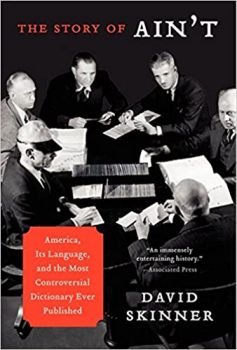
My mother went ballistic when Webster’s Third New International Dictionary of the English Language appeared in 1961. She’d taught English for a time during the Depression. Then, there was a right way and a wrong way to express yourself. Rules were rules—and English teachers knew exactly what they were. But even back then the linguists had arrived on the scene with the peculiar notion that the ways people actually spoke the language more accurately reflected what was “right” than the rules of grammar as laid down in classrooms like my mother’s. And that was the perspective that guided the preparation of Webster’s Third, as David Skinner relates so entertainingly in The Story of Ain’t.
A permissive approach to the rules of grammar
In fact, by 1961, that same accepting approach had already come to be adopted among many English teachers. The new “progressive” or “permissive” ethos had long since surfaced in Dr. Benjamin Spock‘s The Common Sense Book of Baby and Child Care, first published in 1946. And that was only the beginning of civilization’s downfall, as so many warned. Progressive education was identified in the USA with the work of John Dewey in the 1930s, and my mother . . . Did. Not. Like. It. At. All. Disturbingly, the editors of the new Webster’s Third had treated that approach as gospel.
The Story of Ain’t: America, Its Language, and the Most Controversial Dictionary Ever Published by David Skinner (2012) 370 pages ★★★★★
Reactions so violent the critics never studied the book
Well, my mother was by no means alone in her uncharacteristically intemperate reaction to the book. Virtually every major newspaper in the country editorialized its disapproval—verging on disgust—with the dictionary. In many cases, the editors (including those at the New York Times) made clear they hadn’t actually studied the book. In fact, “the vilification of Webster’s Third had reached the point where even the prestigious Phi Beta Kappa Society felt no compunction about denouncing a dictionary its officers freely acknowledged not having read.” (I suspect it was that action that set off my mother. She was a proud member.)
“Nothing less than the end of the world”
David Skinner has little patience for this shameful behavior. “Why did Americans in 1961,” he writes, “become so exercised—so irate—that several otherwise sane and distinguished persons said a mere dictionary, however imperfect, represented nothing less than the end of the world?” In commenting on a typical overreaction from public intellectual Jacques Barzun, he suggests that “nutty appears to be the new standard.” All this, because the editors of a dictionary had had the temerity to imply that the rules of grammar were no longer valid.
Not that Skinner doesn’t perceive faults in the dictionary or in Philip Gove’s decisions as editor. He cites many shortcomings. But on the whole he sides with the linguists and other scholars whose later, more measured verdicts about the book were full of praise. And in the end all the controversy paid off in a big way for the Merriam-Webster company, which made a great deal of money from much higher-than-expected sales. Take that, M. Barzun!
A massive undertaking
Webster’s Third was a massive undertaking, a decade and a half in the making. “The dictionary weighed thirteen and a half pounds and featured 100,000 new words and senses . . . With 450,000 total entries, the new dictionary contained 100,000 quotations from more than 14,000 authors.” It cost $3.5 million to make, the equivalent in 2020 of about $35 million. Yet all this effort was reduced to a joke when the PR agency hired by the company failed to mention in its press release that the dictionary’s editors didn’t actually approve the use of the word ain’t but had simply included it as an example of the language as it was actually spoken in some parts of the country. This led to newspaper headlines such as “Saying Ain’t Ain’t Wrong,” “It Ain’t Good,” and “Ain’t Nothing Wrong with the Use of Ain’t.” The New York Times actually called for the dictionary to be remade. Of course, my mother agreed. Ain’t no surprise there!
Rules of grammar? Rules, schmules!
Viewed from the perspective of more than half a century, the controversy about Webster’s Third appears comical in the extreme. Of course, there are still numerous scholars who celebrate a prescriptive approach to teaching language as opposed to the descriptive method embodied in the book. But today there is wider recognition that language doesn’t sit still. “Teachers could correct their students, mothers their children, and bosses their underlings, but the language moved and changed of its own accord,” as Skinner reminds us. A pedantic instructor might insist on careful recognition of the distinction between shall and will, but nearly everyone speaking today in the USA will ignore it. I certainly will. Rules of grammar? Rules, schmules!
Philip Gove’s approach to Webster’s Third was grounded in the five principles advanced by structural linguists in the 1920s and 30s:
- Language changes constantly.
- Change is normal.
- Spoken language is the language.
- Correctness rests upon usage.
- All usage is relative.
A cast of fascinating characters
Skinner tells The Story of Ain’t largely through the often amusing efforts of some two dozen individuals involved either in the evolution of Merriam-Webster’s approach to writing dictionaries or as critics of their work. Among them are Noah Webster, journalist and satirist H. L. Mencken, Harvard president Charles William Eliot, and Columbia University history professor Jacques Barzun. (They’re all listed in the Dramatis Personae at the back of the book.) But only a handful merit Skinner’s full attention: the noted mid-century social critic Dwight Macdonald; William Allan Neilson, editor-in-chief of Webster’s Second; and Philip Gove, editor of Webster’s Third. Perhaps because he was such a colorful and often contradictory figure—and because his critique of the dictionary was so savage and so widely quoted—the word count on Macdonald exceeds that on any of the others.
In his review of the book in the Washington Post (October 6, 2012), Jonathan Yardley noted that “David Skinner, who edits Humanities, the magazine of the National Endowment for the Humanities, argues that the damage was largely self-inflicted.” Given Philip Gove’s poor decisions, such as eliminating the use of capital letters in header words, and the blunder by his PR agency, it’s hard to take issue with this assessment.
For related reading
This title is featured on Good books about dictionaries, libraries, and language.
I’ve reviewed four other books about the English language and dictionaries:
- Word by Word: The Secret Life of Dictionaries by Kory Stamper (A very funny book about words, grammar, and dictionaries)
- Dreyer’s English: An Utterly Correct Guide to Clarity and Style by Benjamin Dreyer (A top copyeditor explains how to write clear English)
- Between You and Me: Confessions of a Comma Queen by Mary Norris (A peek inside the editorial process at The New Yorker)
- The Broken Teaglass by Emily Arsenault (A refreshingly offbeat novel about creating a dictionary)
- The Liar’s Dictionary by Elly Williams (A hilarious novel about a dictionary)
And you can always find my most popular reviews, and the most recent ones, on the Home Page.

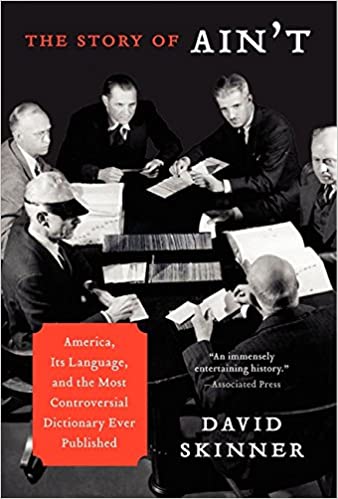
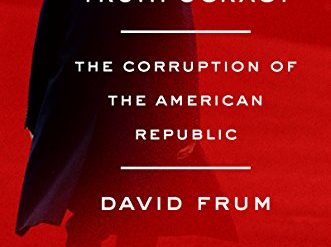
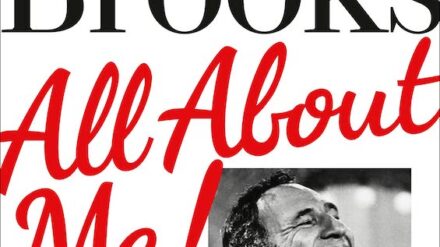
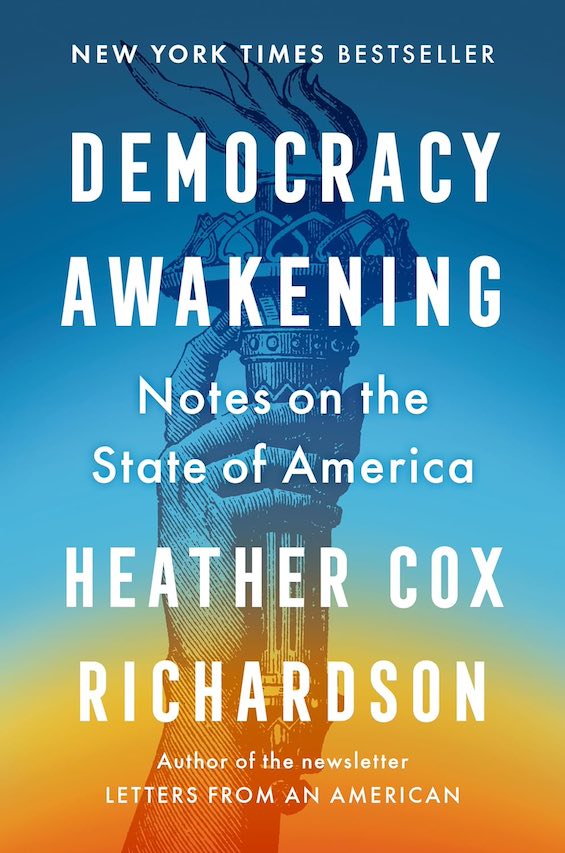






















The early ’60’s in Alabama also frothed with denunciations. My jr.high English teacher waved a review of the book (she probably couldn’t lift the actual text) and decried how the wretched elite of this country wanted to send us all to hell! We didn’t care – next period was lunch. But it got us out of a pop test, so that was fine.
Yes, the hysteria was almost universal in the USA, and I shudder to think how zthe English might have reacted to the desecration of the Queen’s English.